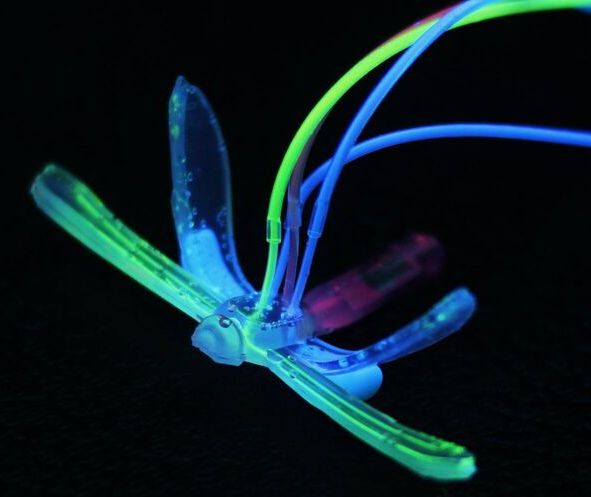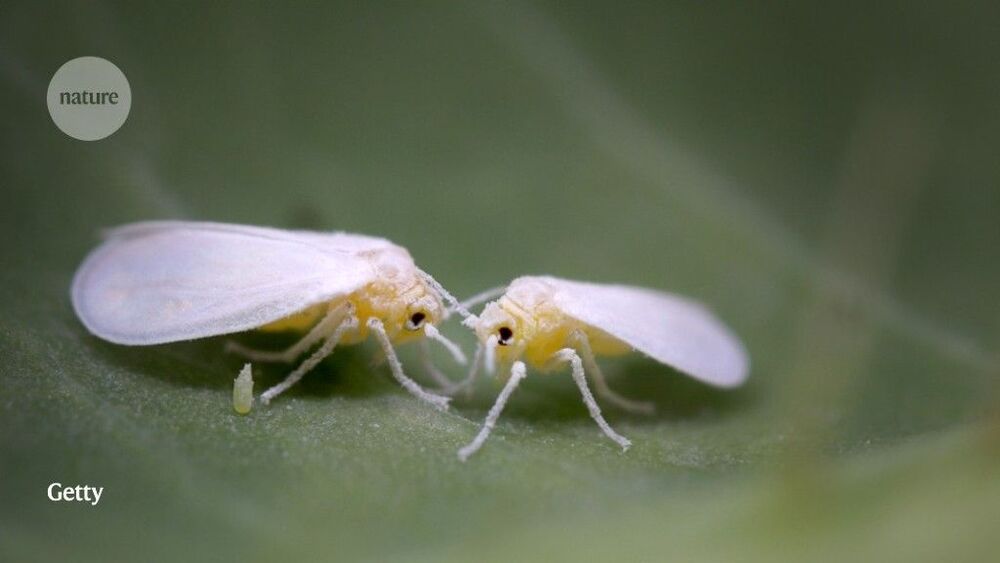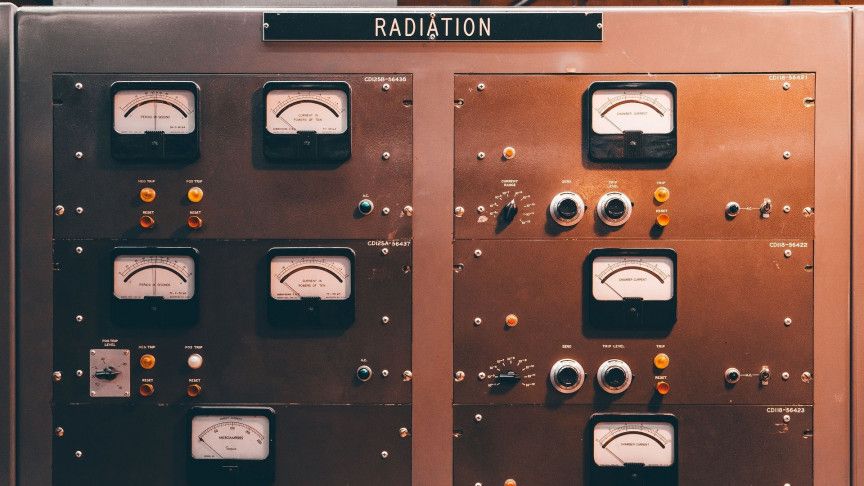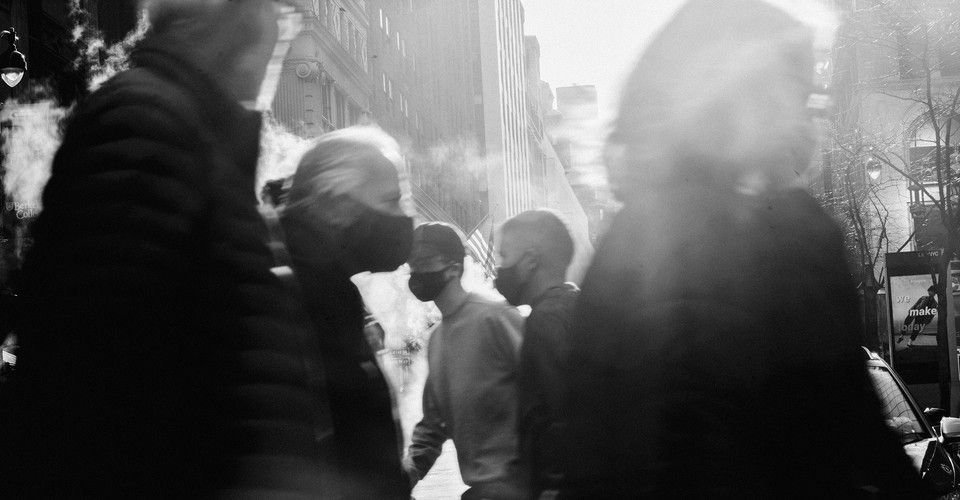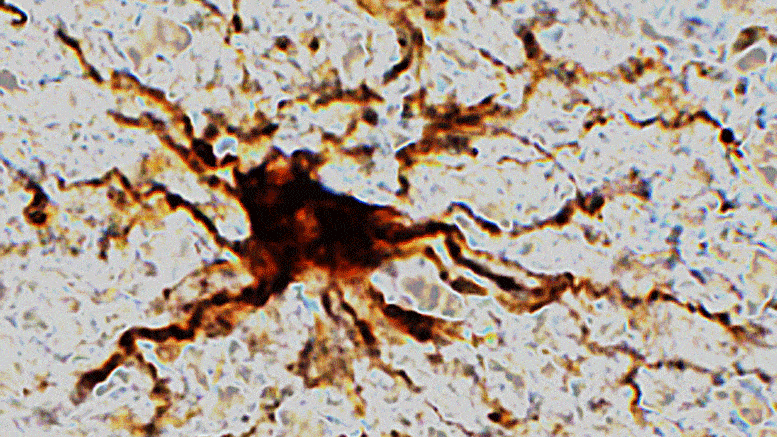Engineers at Duke University have developed an electronics-free, entirely soft robot shaped like a dragonfly that can skim across water and react to environmental conditions such as pH, temperature or the presence of oil. The proof-of-principle demonstration could be the precursor to more advanced, autonomous, long-range environmental sentinels for monitoring a wide range of potential telltale signs of problems.
The soft robot is described online March 25 in the journal Advanced Intelligent Systems.
Soft robots are a growing trend in the industry due to their versatility. Soft parts can handle delicate objects such as biological tissues that metal or ceramic components would damage. Soft bodies can help robots float or squeeze into tight spaces where rigid frames would get stuck.
